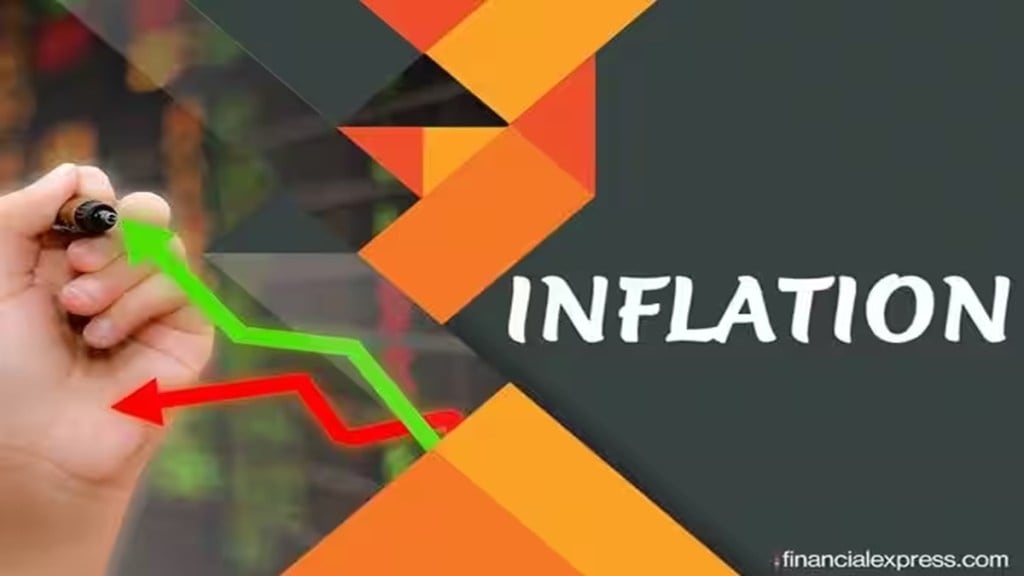Amid a sharp rise in the prices of vegetables and pulses, and the restart of an upward journey in cereal inflation, the government on Wednesday said several steps were being taken to ease price pressures. To contain cereals prices, it announced the sale of 5 million tonne (MT) of wheat and 2.5 MT of rice from the central pool in the open market to bulk buyers.
The quantities of foodgrain to be offloaded are in addition to 0.82 MT of wheat already sold through the weekly e-auction held by Food Corporation of India (FCI) under the open market sale scheme (OMSS) since June.
However, only about 2200 tonne of rice has been sold to bulk buyers so far by FCI. To encourage private players to purchase rice from e-auction, the government also announced Rs 2/kg reduction in the base price of rice to Rs 29/kg against economic cost of more than Rs 36/kg.
Highlighting the government’s intervention, food secretary Sanjeev Chopra said there has been a sharp increase in food prices, but measures initiated so far are dynamic in nature and in keeping with the object of keeping food inflation in check.
At present, Food Corporation of India (FCI) has wheat stock of 27.99 MT of wheat against the buffer of 20.52 MT for October 1. Similarly, central pool rice stock is 37.09 MT which includes 12.43 MT to be received from millers. This is against the buffer of 10.25 MT for October 1.
“We have sufficient grain stock to offer through open market sale,” Ashok Meena, chairman and managing director, FCI said.
The weighted average of the selling price of wheat rose to Rs 2,254/quintal on the e-auction held on Wednesday from Rs 2,136/quintal from the first e-auction held on June 28.
“The weighted average selling price of wheat has risen with every auction showing there is a continued demand for the commodity.,” Chopra said.
The retail inflation in cereal and products category was reported at 12.71% in June, a decline from 16.12% in January. Inflation in cereals had been in double digits since October last year.
Retail inflation in the food basket rose to 4.49% in June, after declining to 2.96% on year in May, amid a rise in prices of cereals and pulses and a sequential jump in vegetable prices.
Experts say that food inflation in July is expected to increase due to a huge spike in tomato prices since the end of June and onion prices are also showing upward trends.
The prices of spices such as cummin seeds (jeera), turmeric and coriander (dhania) have increased sharply in the last couple of months because of lower production due to erratic weather conditions. Retail inflation in jeera to a record 74% in June 2023 on year.
In the last couple of months, the government has announced a series of measures including ban on the white rice exports, initiating the open market sale of wheat and rice from the central pool and imposition of stock holding limits on a measure last initiated in 2008.
Chopra said that the government is considering several measures including cutting import duty on the wheat. In April 2019, India raised the duty to 40% from 30% as domestic prices had dropped, to discourage cheaper wheat imports.
According to the CMIE, retail inflation, measured by the Consumer Price Index (CPI), is expected to catapult to around 7% in July 2023, with a tendency to inch towards 7.5%. In the month of June, the inflation stood at 4.81%. “The sudden upsurge in inflation in July is expected to be primarily driven by the food group; specifically vegetables. Food inflation could enter double digits in July,” it added.
